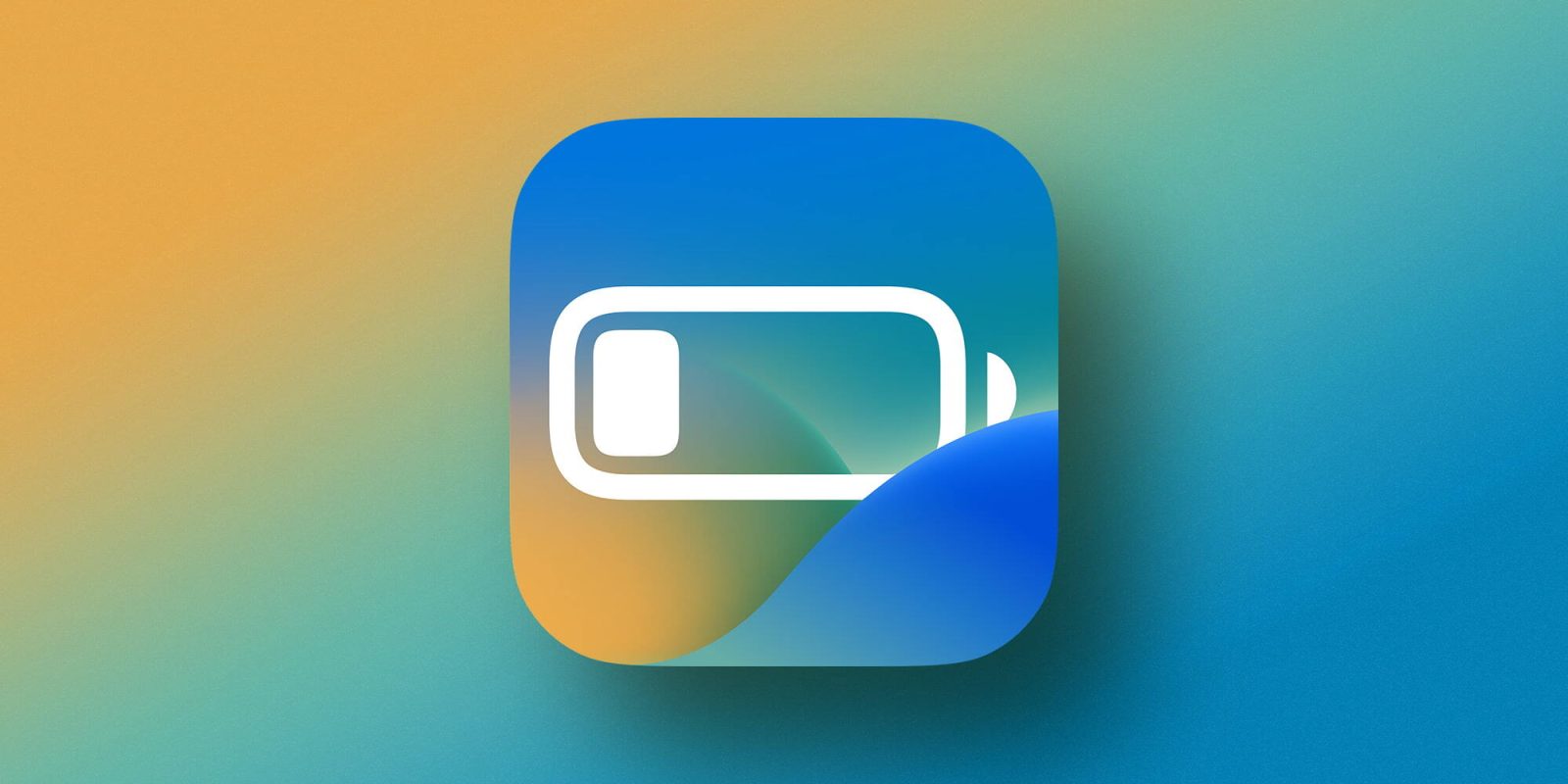
The US Batterygate lawsuit resulted in Apple agreeing to pay up to $500M to settle the case, but an equivalent case in South Korea has been dismissed – for what the plaintiff’s lawyers say are unfair reasons.
Both cases relate to Apple’s decision to throttle the performance of older iPhones with fading batteries, in order to prevent unexpected shutdowns. The problem was not what Apple did, but how the company did it …
Background
The older a battery gets, and the more charge cycles it has been through, the worse its performance gets. This not only affects how far a phone can make it through a day without running out of power, but can also mean it can no longer cope with the power demands of high-performance tasks.
Apple found that some older iPhones were experiencing this, leading them to shutdown unexpectedly, even though the battery still had remaining power available. The company decided to fix this by monitoring battery health, and then throttling the performance of a phone when it was at risk of a shutdown.
So far, so good. The problem was that Apple didn’t tell anyone it was doing this. Owners of older iPhones found their phones were getting slower, and believed this meant that the phone – rather than just the battery – needed to be replaced. The Cupertino company was accused of doing this deliberately, to encourage people to buy a new iPhone.
The issue turned into a media firestorm, with Apple forced to issue a public apology; offer discounted battery replacements; give users the choice of whether or not to enable the feature; and pay compensation to affected US iPhone owners.
Batterygate lawsuit failed in South Korea
However, The Korea Herald reports that a similar class action lawsuit in South Korea has been thrown out by a judge.
A South Korean court ruled on Thursday that Apple did not deliberately slow down the performance of its iPhone handsets, dismissing some 9,800 Korean smartphone buyers’ lawsuit for 2 billion won ($1.64 million) against the United States electronics giant.
“The lawsuit is dismissed,” a court judge briefly said, without elaborating as to the reason for the ruling. The ruling also indicated the plaintiffs are responsible for the entirety of attorneys’ fees.
The report doesn’t directly indicate the reason for the ruling, but does give a clue, suggesting that the decision was based on strict legal requirements in South Korea – which the lawyers say are unfair.
Hannuri, the law firm representing the users, said in a statement Thursday that the ruling highlighted the need for changes in Korea’s judicial system such that all of those aggrieved by wrongful conduct do not have to be present at the suit, as well as a discovery process to force plaintiffs and defendants to reveal evidence to be presented from the beginning of the trial.
It’s hard to see how a court can reasonably expect 9,800 iPhone owners to turn up for the case, let alone the 64,000 who originally filed a claim. Especially as the likely payout would struggle to cover the cost of getting to and from the courthouse, with US owners receiving just $25 each. But that appears to be the law, so …
FTC: We use income earning auto affiliate links. More.


Comments